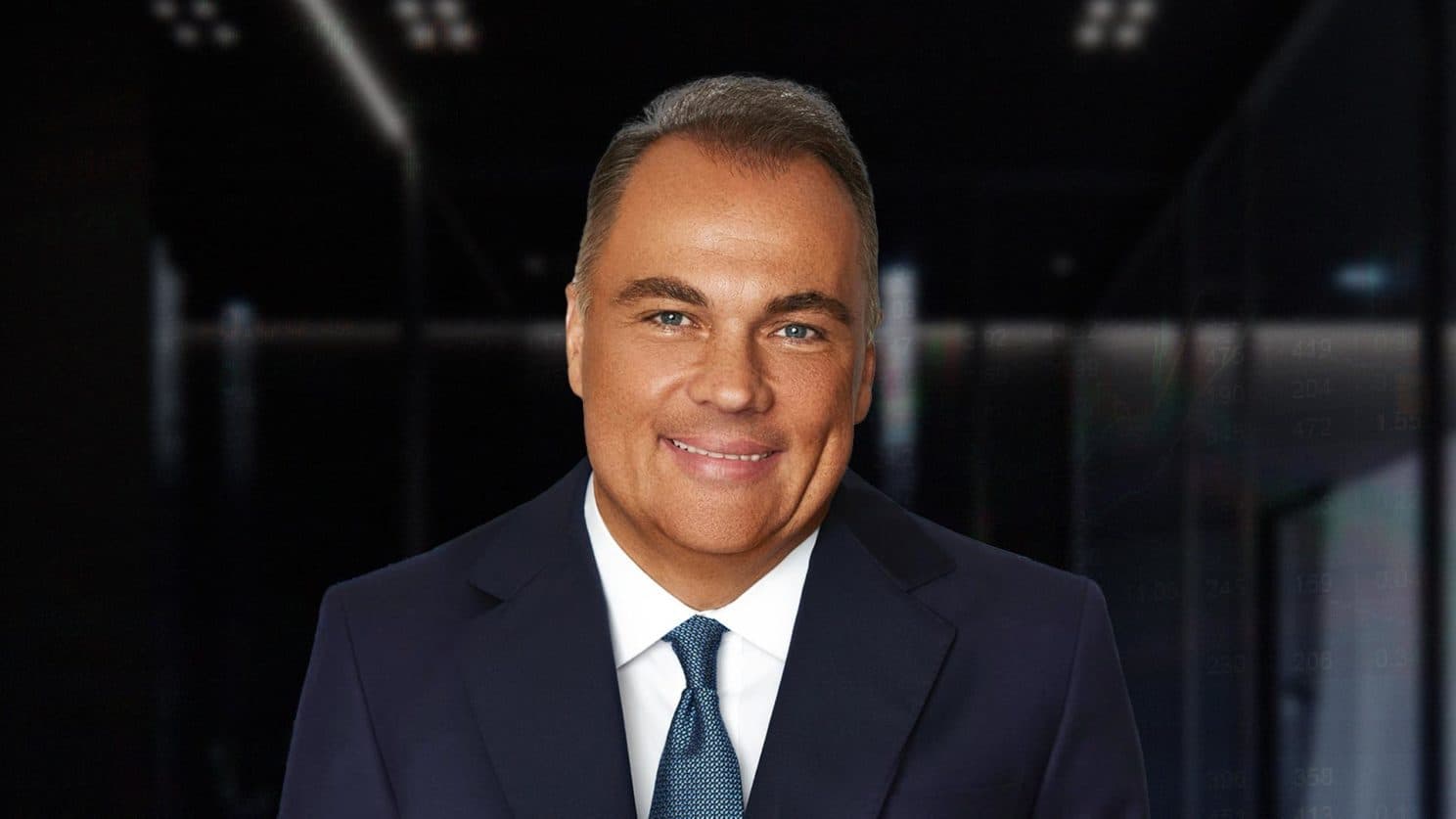Off the Chain Capital Raises $160 Million Fund That Brings Value Investing to Bitcoin
Brian Estes founded Off the Chain in 2016 with a simple mission: to outperform Bitcoin with less volatility. Four years later, Off the Chain has succeeded at doing just that. In an exclusive interview with Blockworks, Estes announced that their most […]

- Off the Chain Capital announced a $160 million fund that is now closed off to new investors
- Last year the fund returned 392%, outperforming Bitcoin by 85%
- Despite a successful raise, the fund attracted limited institutional interest
Brian Estes founded Off the Chain in 2016 with a simple mission: to outperform Bitcoin with less volatility.
Four years later, Off the Chain has succeeded at doing just that. In an exclusive interview with Blockworks, Estes announced that their most recent fund closed at $160 million, making them one of the largest in all of crypto.
Off the Chain’s strategy relies heavily on what Estes describes as Graham-Dodd value investing. “We buy Bitcoin for below the market, or buy it for spot and sell above the market price.”
That sounds simple enough, but there’s a lot of legwork that goes into Off the Chain’s investment activities.
Investment Strategies
One opportunity that Estes has capitalized on involves buying up Mt. Gox bankruptcy claims at a discount to their current value. Readers may remember that from 2011 to 2014, Mt. Gox was the largest Bitcoin exchange.
When the exchange was famously hacked, 850,000 Bitcoins were taken, 200,000 of which were recovered by the trustee.
Mt. Gox customers who lost their Bitcoin during the hack are entitled to a claim consisting of 0.1785 Bitcoin, $700 dollar of cash, and 0.18 Bitcoin Cash for a total value of roughly $7,500 at the time of this writing.
Leveraging his connections in the space, Estes set up a relationship with the trustee and began identifying claimants in need of liquidity who were willing to sell. Off the Chain’s cost basis on these claims is roughly $1,000, a return of more than 700%.
Off the Chain and Fortress are the only buyers of these claims, with Estes’ firm purchasing two thirds of all claims sold. The lack of buyers is due to the difficulty and cost of establishing a relationship with the Japanese trustee. Fortress allegedly spent an estimated $700,000 in legal fees developing that relationship.
Off the Chain revealed to Blockworks that other investment strategies include buying discounted future Bitcoin from miners and packaging up Bitcoin to be sold for a premium in brokerage accounts.
Private Equity Portfolio
Outside of Bitcoin, Estes’ fund is a prolific buyer of private shares in crypto companies, such as Coinbase, Kraken and investment giant DCG. The fund looks for motivated sellers looking for liquidity that are willing to sell at a discount of 50% or higher.
According to Estes, Off the Chain owns 1% of BitPay and 1% of Polychain Capital, purchased from one of the early employees.
Today, Off the Chain’s portfolio consists of 70% securitized blockchain assets, 15% in Mt. Gox claims, and 15% in private equity. In the future, Estes is trying to reduce the holdings of securitized assets to 50% and increase Mt. Gox claims and private securities accordingly.
Despite a successful track record and increased institutional interest, the fundraising environment was challenging for Estes.
“I’ve done a lot of fundraises before, and this was the hardest fundraise I’ve ever done in 30 years. It was like pulling teeth.”
The fund didn’t succeed at attracting any institutional interest, although Estes was quick to mention the high quality high-net-worth individuals he counts in his LP base.
This includes three pre-IPO Goldman Sachs partners, a Co-founder of Fortress, a former president of Morgan Stanley, and a former SEC commissioner among others.
According to Estes, Bitcoin’s rally has made fundraising much easier in recent months.






